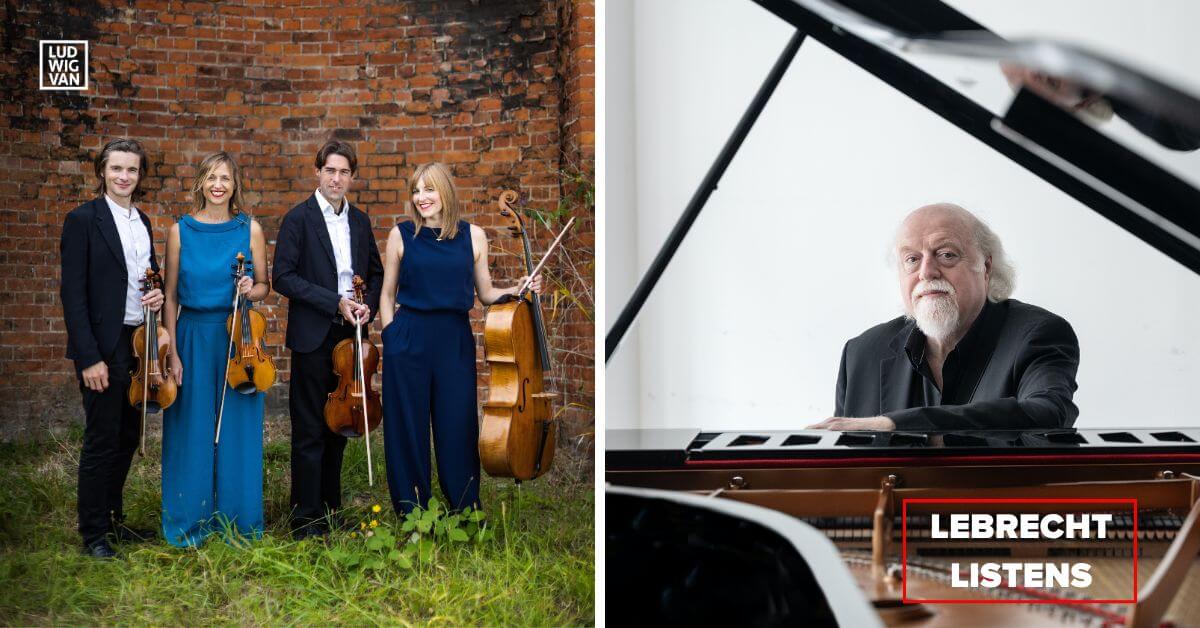
Taneyev and Schumann: Piano Quintets (Signum)
★★★★☆
Over 40 years and in an impressive number of recordings, Peter Donohoe has never failed to challenge and surprise the listening public. From Bach to Busoni, Prokofiev to Pejacevic, and on half a dozen labels, the Mancunian percussion-turned-pianist has trodden his own determined path, way off the beaten track. He is very much a My Way pianist and I have learned down the years to trust his judgment.
Placed joint second in the Moscow 1982 Tchaikovsky competition (where no first prize was given), Donohoe developed an affinity for Russians of all styles and eras. The composer Sergei Taneyev, often dismissed as Tchaikovsky’s favourite pupil, is seldom credited with a voice of his own. His quintet, dated 1911, is rooted in Schumann and Brahms, with a Tchaikovsky funereal movement and a certain Parisian whimsy. It is assuredly the summit of his achievement.
In the hands of Peter Donohoe and the Sacconi Quartet, it comes over as a sigh for a dying epoch of amateur music-making at home, at once wistful, civilised, stirring and individual — a masterpiece in miniature by a precisionist composer who found neither love nor mass recognition in his self-contained life. Taneyev died four years later after catching pneumonia at the grand funeral of Alexander Scriabin.
The Schumann quintet of 1844, an archetype of its genre, receives a pensive presentation, its lyrical overcoats underpinned by rustlings of disquiet and self-doubt. Robert Schumann wrote it for a Russian tour with his new wife, Clara. What Donohoe brings forth is its centrality in Russian perceptions of the role of chamber music in a changing society. Sheer beauty aside, it is hard to imagine a more thoughtful conception for a new recording, issued at the very end of the age of commercial recording.
To read more from Norman Lebrecht, subscribe to Slippedisc.com.
#LUDWIGVAN
Get the daily arts news straight to your inbox.
Sign up for the Ludwig van Daily — classical music and opera in five minutes or less HERE.
- LEBRECHT LISTENS | Two Releases Of Elgar Symphonies To Compare - April 19, 2024
- LEBRECHT LISTENS | Jordan Bak’s Cantabile For Viola Reveals The Neglected Instrument’s Beauty - April 12, 2024
- LEBRECHT LISTENS |David Robert Coleman & The Berlin Radio Symphony Orchestra Reveal The Charms Of Walter Kaufmann - April 5, 2024



